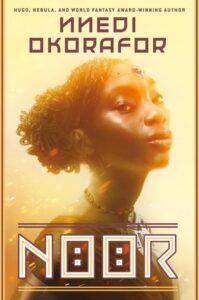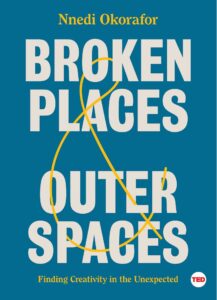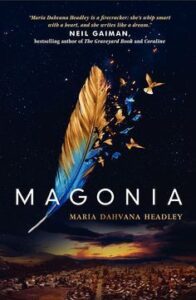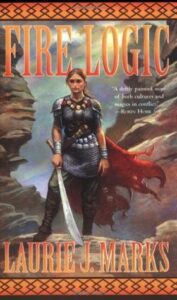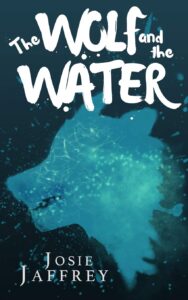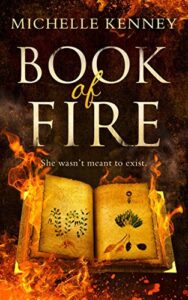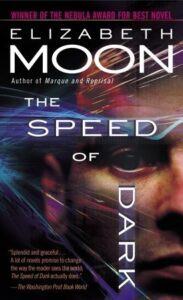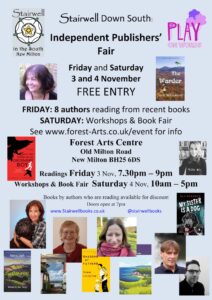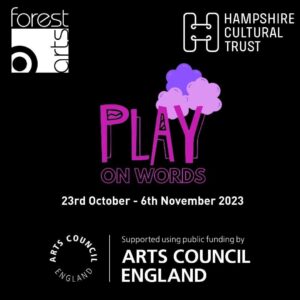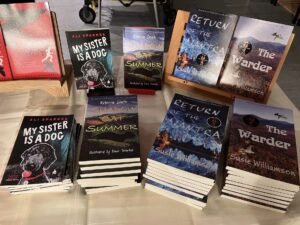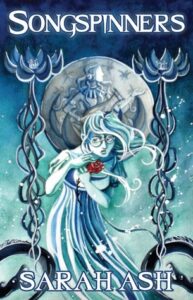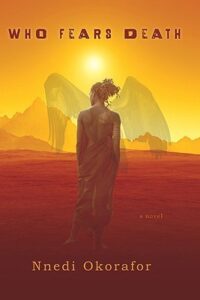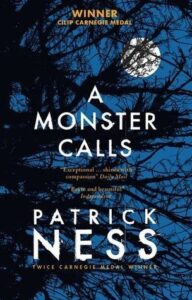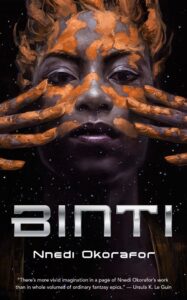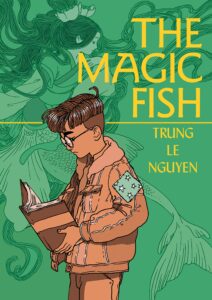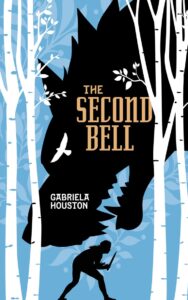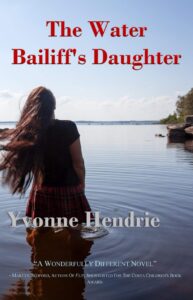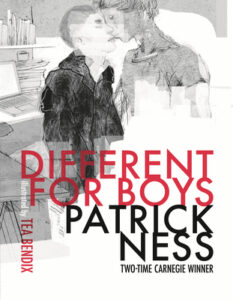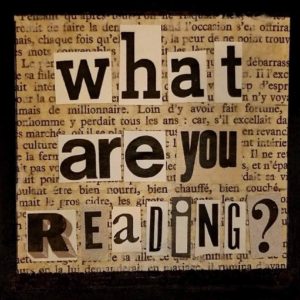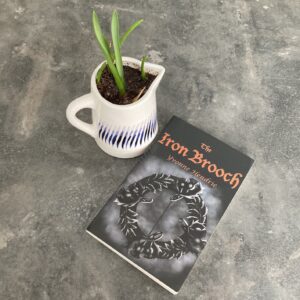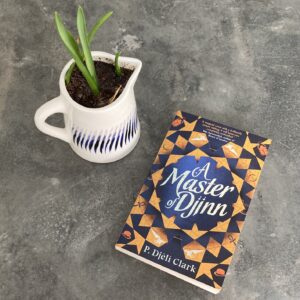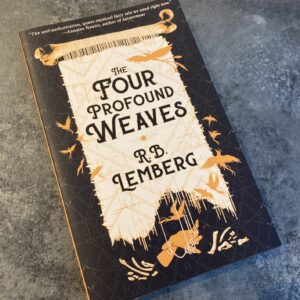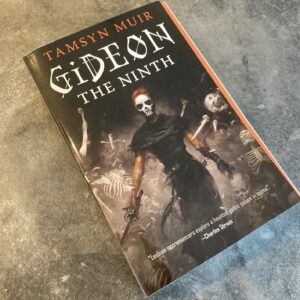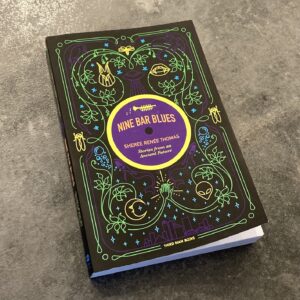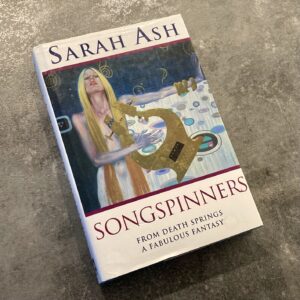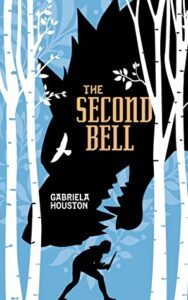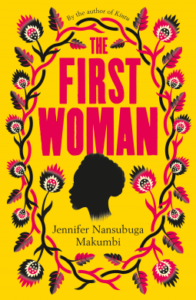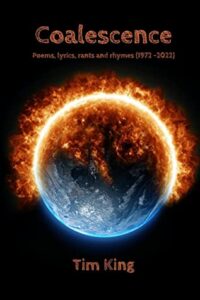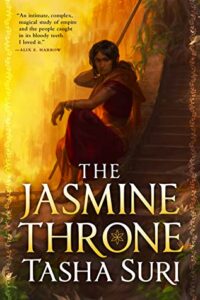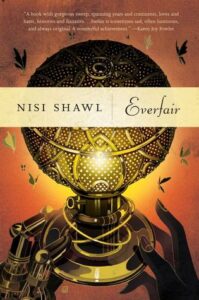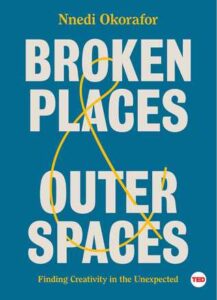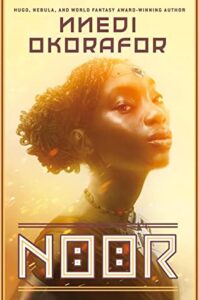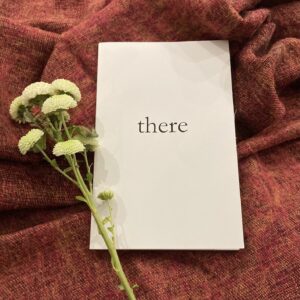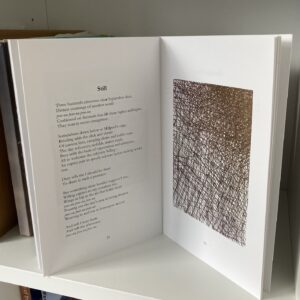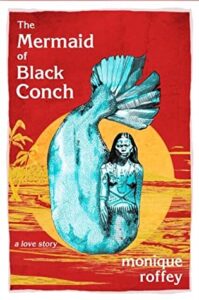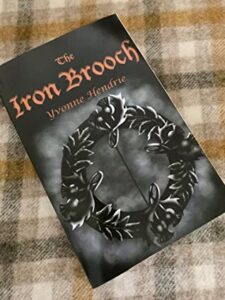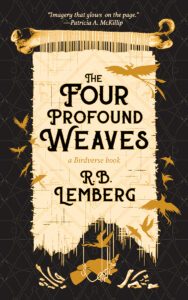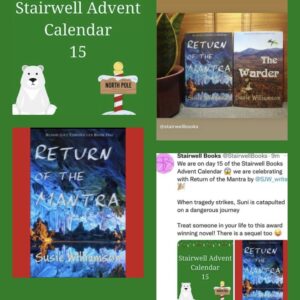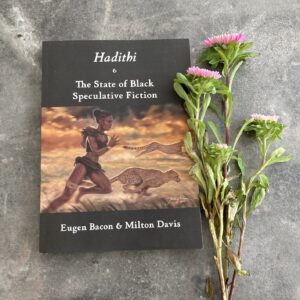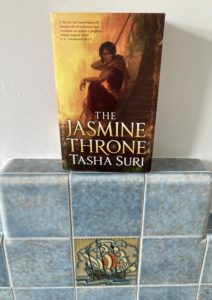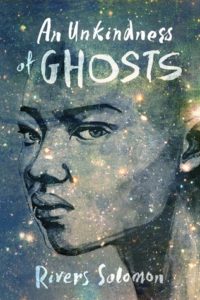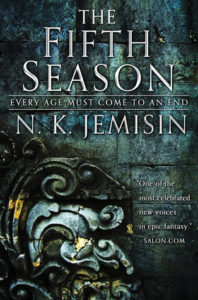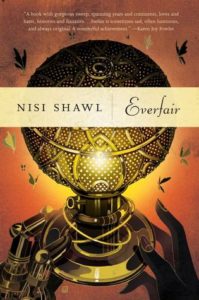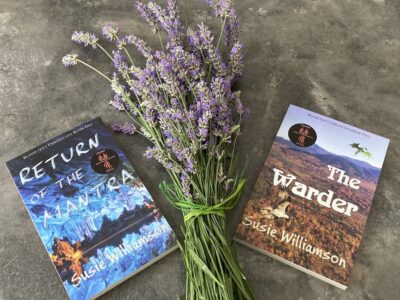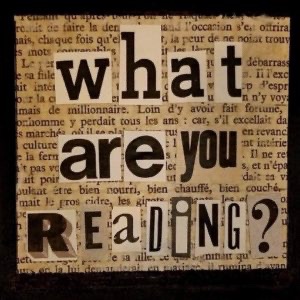
The last day of November, and we wake to a fine drizzle of snow. I imagine it will be fleeting, but it’s cold, and the perfect time to cosy up with a good read. I have two titles, inspired by the atmosphere that snow, mist, winter weather can bring. I’m not thinking jolly season’s greetings, more like the bleak atmosphere of separation, and unease. I’m late for Halloween, but the first title brings a malevolent spirit into a snowy scape…
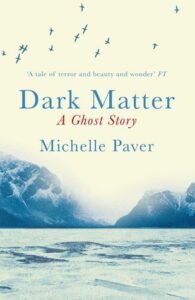
Dark Matter: A Ghost Story; by Michelle Paver
Jack Miller never intended to join the Arctic mission, but despite himself he heads to the islands halfway between Norway and the Pole. The expedition team are to study Arctic Biology and ice dynamics, and carry out a meteorological survey. It’s a mission meant to last a year, but the Arctic wilderness has a dark history. Stories told from the time when the Arctic islands became part of Norway in 1925, tell of lethal accidents and marauding bears, men going mad from the dark and loneliness, shooting themselves, walking off cliffs for no reason. One expedition group in the early days refused to leave their cabin, out of terror of the deadness beyond, a terror reportedly not rooted in some phobic disorder. Now, the terrifying events in Gruhuken are about to be relived, and recorded in Jack’s diary, beginning 7th January 1937.
A malevolent spirit walks this icy wilderness, and the bleak surrounds provide a perfect backdrop. It’s easy to feel like prey in the face of polar bears with dirty brown pelts stained by blood and blubber, but not so easy to shake the feeling of being hunted. Dining on reindeer and an eclectic mix of tinned food, offers little comfort, and after a series of events, Jack finds himself alone except for the huskies. The rising feel of impending doom is well drawn, subtle and engaging in a foreboding environment, and Jack is soon left to consider whether writing will exorcise his demons, or whether speaking about it will just invoke them? Either way, the spirit wants Gruhuken, and Jack Miller is standing in its way.
Central to the story is the question: Is it the dark people fear, or what lurks in it? It’s a question which drives the narrative, bringing an intriguing balance of unsettling apprehension, fated unease, and a lingering dread, teasing, tangible, yet never quite in reach.
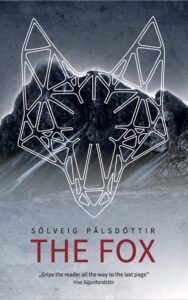
The Fox; by Solveig Palsdottir
What do you do when your arrival means the world, when your presence is so symbolic, you simply must not leave?
Guogeir Fransson, hoping to put professional tragedy and personal turmoil behind him, leaves the Reykjavik police force for a dead end job in a small town in eastern Iceland. His detective instincts are triggered when a foreign woman arrives into this tight-knit community, and suddenly disappears soon after. The trail takes him to a remote farmhouse where an elderly woman and her son live with a sinister past.
Sajee, from Sri Lanka, arrives in Hofn to take up work in her aunt’s beauty salon. But it seems the job does not exist. Help from a friendly stranger takes her to the farm of Selma and her son, Isak. They offer board, lodgings and the promise of pay for cleaning and help around the place. It seems like a practical solution to Sajee’s problem, but it is an offer wrapped in mystery. Sajee’s vulnerability is clear. From Sri Lanka’s chaotic district of Colombo, growing up she was left alone with a violent father, finding sanctuary at the local beauty shop among cheerful women, until the shop was forced to close. Postcards from her aunt, who had travelled to Iceland before her, were the hope she had clung to. Now she was alone and illiterate in a strange land. And Selma’s eyes were watching, too closely. What familiarity did she see in the young woman that drew her so tightly? Was it Sajee’s cleft lip that she discretely attempted to conceal? Was it illusion?
The characters were well-drawn and entirely believable. The backdrop to the story is cloaked in mystery and folklore that I found completely compelling. The dead are in the family plot, but the hidden people, tall, dignified, with unlimited senses and a higher consciousness dwell in mountain cliffs. They help people in trouble, spirit problems away, but when wronged, revenge is bitter. Victims have been known to go up in a puff of smoke, or be driven mad. The farm skirts a harbour town where shipwrecks mean people are forced to watch husbands and brothers drown, a place of depression and alcoholism, where people go off the rails. As the layers of mystery unfold, I was absorbed by the world and the unexpected, unfurling of sinister events. A read made more chilling by its relatability, as we are taken down the path of unwittingly losing power; how our own insecurities can trap us, how trust can be fatal.
What are you reading?



